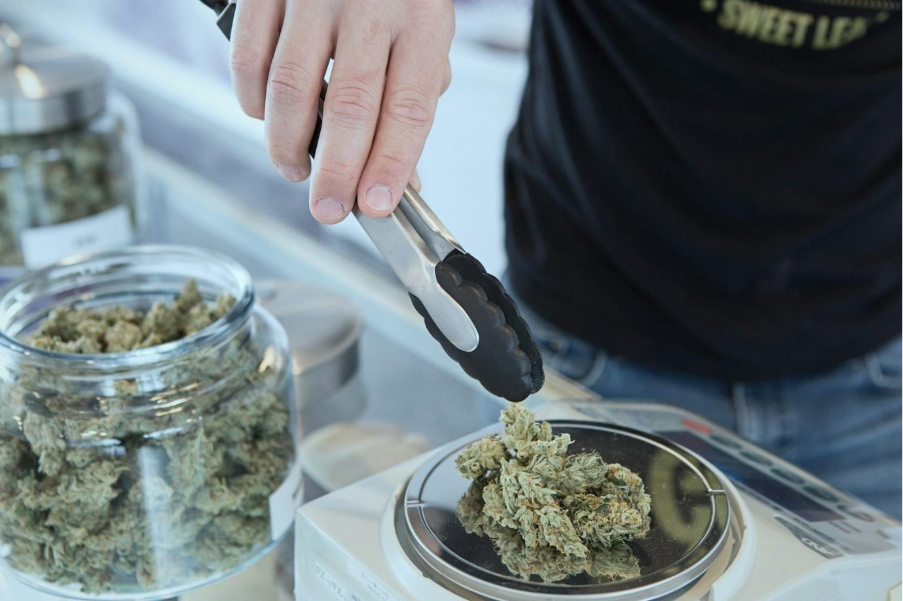As the highest valued digital payments platform worldwide, PayPal is a household name and fintech giant worth more than $220 billion dollars. While it was initially developed to handle transactions between consumers and businesses in the digital environment, a series of acquisitions and strategic business decisions has enabled the company to grow into a service offering a wide range of services from payments to cryptocurrency investing.
It is a well trusted brand name used by businesses in every industry, including retail and online entertainment. For instance, if you are looking for casinos that accept paypal, visit casinos.com.
Table of Contents
ToggleFrom Humble Beginnings To Fintech Giant
In 1998 digital transactions were not something accessible to the market, that was until the development of Coinfinity, one of the first services for managing online payments. Coinfinity was the brainchild of Ken Howery, Luke Nosek, Max Levchin and Peter Thiel but within a year they had developed the company into PayPal.
By 2000, they merged with Elon Musk’s X.com, an online banking company. On seeing the profit potential in PayPal’s money transferring service, Musk quickly focused on helping scale the business.
Following its official launch in October of that year, PayPal began to achieve almost 10 percent daily growth with the help of its referral scheme.

Ebay Fueled Paypals Significant Growth
In the summer of 2002, eBay acquired PayPal for $1.5 billion dollars. The marketplace recognized the huge demand for this service and the power that having PayPal onboard could bring to the retail platform as it currently required users to make payments using checks and money orders via the US postal service.
PayPal had by then established a user base of more than one million customers. This partnership not only solidified PayPal’s presence in online auctions but also positioned it as a trusted brand in digital payments.
An expanding family of brands, most notable acquisitions and mergers
In 2013, PayPal acquired Braintree, a payment gateway for $800 million. Braintree, in turn, owned Venmo, a peer-to-peer payment service that quickly became popular among younger users for its ease of use and social features. Venmo provided a significant boost to PayPal’s user base and helped to position it as a leader in mobile payments.
Two years later, PayPal acquired the digital money transfer service Xoom for $890 million. This acquisition expanded PayPal’s global reach even further. Particularly in the remittance market, as it allowed users to send money across globally quickly and with ease.
Starts trading on the Nasdaq stock exchange as an independent company
The partnership with Ebay was challenged by the investor Carl Icahn in 2014 and in 2015 the company once again became an independent publicly traded company. The company began trading on the Nasdaq stock exchange as “PYPL” and this independence allowed them to expand beyond eBay and pursue new opportunities in the fast paced digital economy.

New Acquisitions Add To Paypals Service Offering
A number of new acquisitions in 2018 allowed PayPal to add a wide range of new services to their portfolio. Most notably, Zettle was acquired by PayPal to help strengthen the company’s position in the point-of-sale, in store shopping, market.
Then, Hyperwallet was acquired to increase the company’s payout capabilities for commerce on a global scale. Also, Simility joined PayPal and enabled them to offer increased risk services and financial fraud detection.
The Future Of Paypal: Crypto And Ai
Last year PayPal introduced a stablecoin known as PayPal USD (PYUSD). What is next for this financial tech giant? One area of growth for the company appears to lie in the cryptocurrency market. Recognizing the growing interest in cryptocurrencies, PayPal began allowing users to buy, sell, and hold cryptocurrencies within its platform in 2020.
It is likely that PayPal will expand by supporting more types of cryptocurrencies. There is also the potential for the company to utilise blockchain technology to enhance its security, efficiency, and transparency in its payment processes.
Another obvious opportunity for PayPal to grow is through the exploration of artificial intelligence. By leveraging AI and machine learning, the company could further improve fraud detection, provide more personalised financial advice and rely more on automated customer support.
Financial inclusivity should also be considered if the business wants to be considered socially responsible, PayPal could further develop products and services aimed at bringing financial services to communities without access to traditional banking.
By leveraging new technologies like cryptocurrency and blockchain, expanding its range of financial services and fostering strategic partnerships, PayPal will continue to grow at a rapid pace in the years ahead and continue to be considered one of the world’s biggest and most innovative fintech giants.






